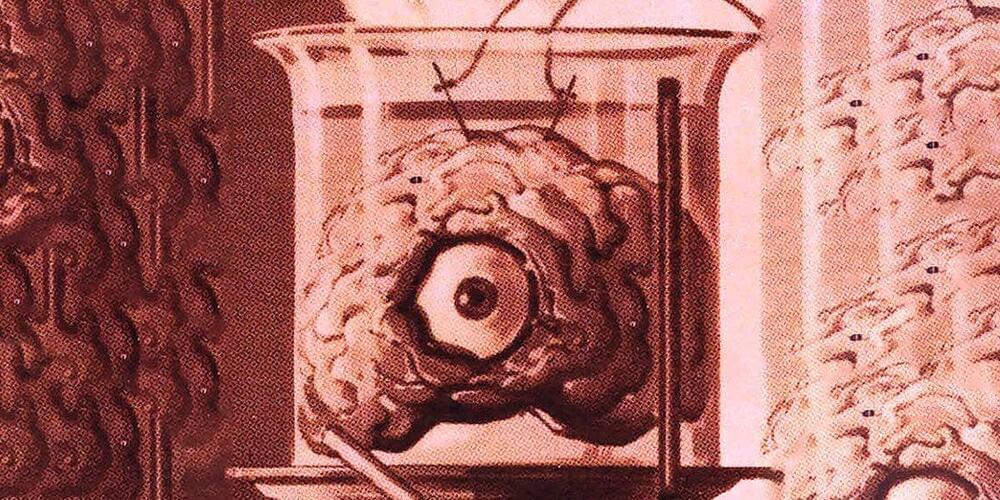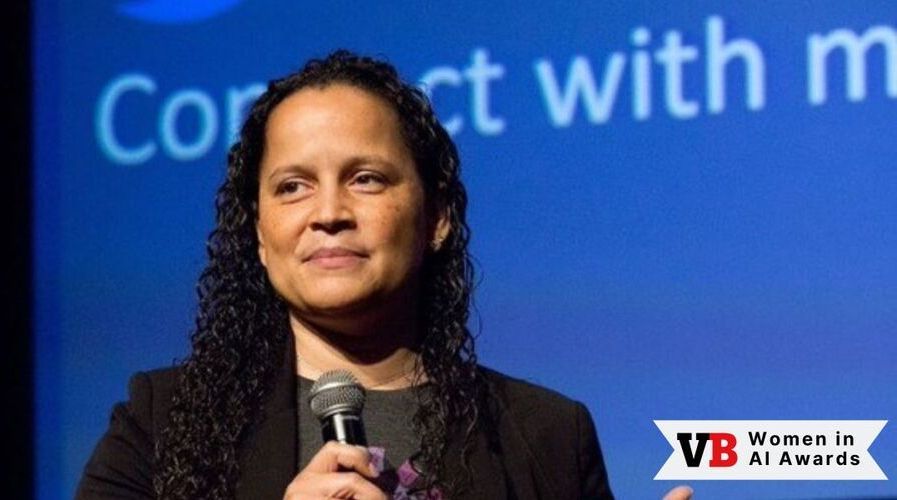Circa 2019 o.o


Acclaimed Harvard professor and entrepreneur Dr. David Sinclair believes that we will see human life expectancy increase to at least 100 years within this century. A world in which humans live significantly longer will have a major impact on economies, policies, healthcare, education, ethics, and more. Sinclair joined Bridgewater Portfolio Strategist Atul Lele to discuss the science and societal, political, systemic and ethical implications of humans living significantly longer lives.
Recorded: Aug 30 2021
The Science of Slowing Aging and Increasing Life Expectancy.
0:00 – 19:20
What Increasing Life Expectancy Means for Individuals.
19:20 – 30:40
The Impact on Pension, Healthcare and Education Systems.
30:40 – 44:18
The Economic Benefits of Longer Life Expectancy.

Human Factors, Ethical Artificial Intelligence, And Healthy Aging — Dr. Arathi Sethumadhavan, PhD, Head of User Research, AI, Ethics & Society, Microsoft Cloud+AI.
Dr. Arathi Sethumadhavan, Ph.D. is Head of User Research for AI, Ethics & Society, at Microsoft’s Cloud+AI organization, where she works at the intersection of user research, ethics, and product experience.
In her current role, Dr. Sethumadhavan is focused on the Microsoft AI ethical principles (privacy and consent, fairness, inclusion, accountability, and transparency) as it relates to various Microsoft AI experiences.
Dr. Sethumadhavan is a seasoned research leader, with two decades of experience studying human-technology interaction, and during the course of her career, she has led user research for several novel and complex applications (e.g., Microsoft’s custom neural voice, facial recognition), as well as at Medtronic, where she provided human factors leadership to multiple products in the Cardiac Rhythm and Heart Failure portfolio, including the world’s smallest pacemaker. She has also spent several years investigating the implications of automation on air traffic controller performance and situation awareness.
Dr. Sethumadhavan is also a Fellow at the World Economic Forum, where she is working on unlocking opportunities for positive impact with AI to address the needs of the aging population.


What transpires in comedies and cartoons when a character has a devil on one shoulder and an angel on the other is not far off from people’s perceptions of the real world, finds a new study from the University of Waterloo.
Intended to illustrate the characters’ decision-making dilemma with comedic results, the moral character and motives of the supernatural beings are obvious. And people have similar expectations when it comes to individuals they see as good or bad.
The researchers explored expectations about how good and evil individuals respond to requests. The researchers were interested in understanding why movies and folktales often depict the devil and demons as eager to grant accidental requests, whereas angels are not depicted this way.
The late 21st century belongs to Superhumans. Technological progress in the field of medicine through gene editing tools like CRISPR is going to revolutionize what it means to be human. The age of Superhumans is portrayed in many science fiction movies, but for the first time in our species history, radically altering our genome is going to be possible through the methods and tools of science.
The gene-editing tool CRISPR, short for clustered regularly interspaced short palindromic repeats, could help us to reprogram life. It gives scientists more power and precision than they have ever had to alter human DNA.
Genetic engineering holds great promise for the future of humanity. A growing number of scientists including David Sinclair believe that we will soon be able to engineer and change our genes in a way that will help us live longer and healthier lives.
But how much should we really tinker with our own nature? What is the moral responsibility of scientists and humans towards future generations?
With technological advances in molecular biology like CRISPR that allow for specific gene editing approaches, many scientists argue that there are strong potential benefits as well as risks to human genetic engineering.
David Sinclair is a geneticist at Harvard Medical School. He believes it’s possible to unlock the fountain of youth.
The potential uses of such gene editing techniques could range from the treatment of disease to the enhancement of beauty and intelligence.

A thought-provoking new article poses some hugely important scientific questions: Could brain cells initiated and grown in a lab become sentient? What would that look like, and how could scientists test for it? And would a sentient, lab-grown brain “organoid” have some kind of rights? Buckle up for a quick and dirty history of the ethics of sentience. We associate the term with computing and artificial intelligence, but the question of who (or what) is or isn’t “sentient” and deserving of rights and moral consideration goes back to the very beginning of the human experience. The debate colors everything from ethical consumption of meat to many episodes of Black Mirror.
Well, we don’t want that… or do we?

My story centers on the concept of a genetically modified virus (named) which infects the brain and gives people enhanced empathy. The narrative takes place in a fictional middle eastern city called Fakhoury and explores bioethical themes. Love acts as a central motif which ties the story together. Note that this piece will be available online for a limited time, after which you will need to pay for the magazine. I encourage you to check out my story!
Read Philosophy Ethics Short Stories with your friends, family, book club, and students. Each story comes with suggested discussion questions.
